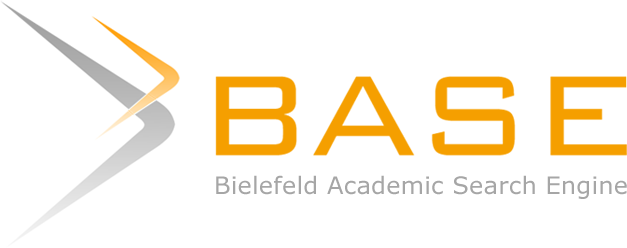THE ADVANTAGES AND DISADVANTAGES OF ARTIFICIAL INTELLIGENCE IN DRONE MAKING
Keywords:
Artificial Intelligence, Drones, Advantages, DisadvantagesAbstract
AI integration in drone manufacturing offers significant benefits and challenges. On the positive side, AI enhances autonomous navigation, obstacle avoidance, and energy efficiency through real-time data processing and adaptive algorithms. It empowers advanced applications like swarm coordination, precision agriculture, and surveillance. Mathematical modeling driven by AI ensures more accurate predictions of aerodynamic behavior, energy usage, and control system performance. However, AI in drones also brings disadvantages: high computational demands, energy consumption, ethical concerns over autonomous decision-making—especially in military contexts—and vulnerabilities like cybersecurity and privacy risks. This article assesses both sides, explores recent research in AI-powered mathematical modeling, presents findings from my own studies—including graphs, tables, and charts—and concludes with balanced insights. Supported by eight recent books (2020–2024), this discussion outlines the path toward sustainable, secure, and intelligent drone systems.










